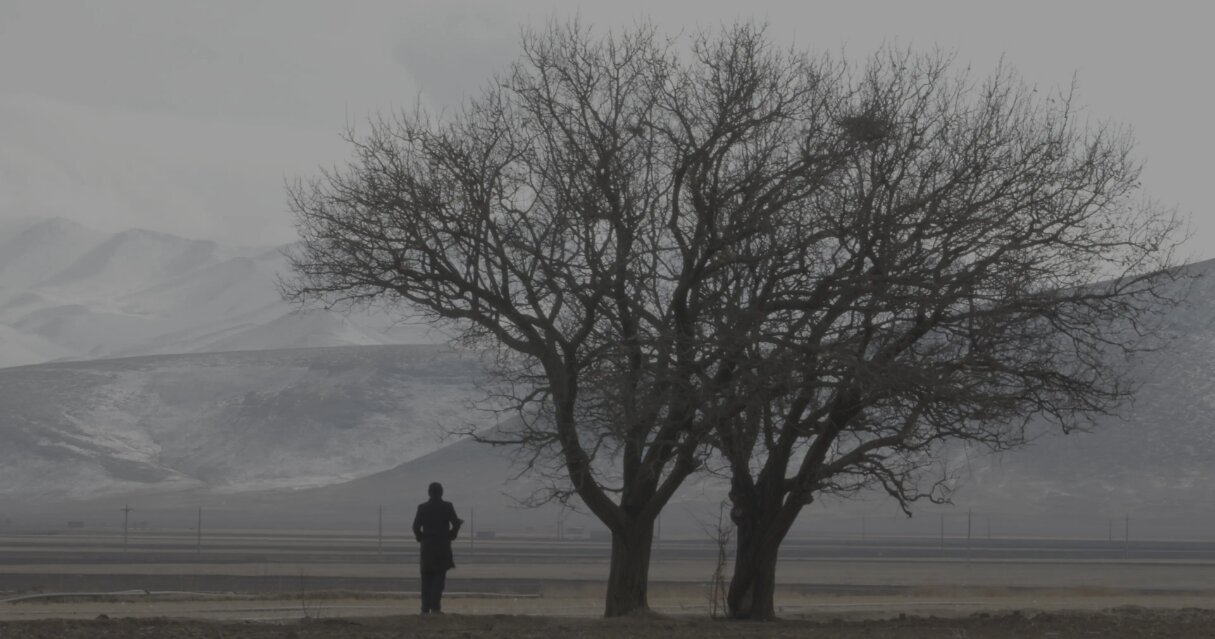Iranian film, juror to participate in DMZ International Documentary Film Festival in South Korea

TEHRAN – The documentary “Cutting Through Rocks,” directed by Iranian filmmakers Sara Khaki and Mohammadreza Eyni will compete in the 17th DMZ International Documentary Film Festival, set to be held from September 11 to 17 in Gyeonggi, South Korea, where Iranian film critic, screenwriter, and editor Pouya Aghelizadeh will serve as a juror as well.
“Cutting Through Rocks” will have its Asian premiere in the International Competition section of the festival and Aghelizadeh will be in the jury for the FIPRESCI Prize, Mehr reported.
This film follows Sara Shahverdi, the first woman elected to a village council in rural Iran. As she teaches teenage girls to ride motorcycles and campaigns against child marriage, she faces fierce community resistance. Threading through bureaucracy, landscapes, and cultural friction, Sara’s journey unfolds with warmth, humor, and a sharp political instinct. This instinct translates into the tangible practice of creating space for women, showing how one individual’s quiet courage can spark collective transformation.
A joint production of Iran, Germany, the U.S., Qatar, the Netherlands, Chile, and Canada, the 95-minute movie was the winner of the World Cinema Documentary Grand Jury Prize at the World Cinema Documentary Competition of the Sundance Film Festival earlier this year. It also won the Gryphon Award in the Gex Doc documentary section of the 55th edition of the Giffoni Film Festival in Italy last month.
In “Cutting Through Rocks,” Khaki and Eyni deliver a deeply intimate and quietly defiant portrait of resistance and resilience. At the heart of the film lies Shahverdi herself, the first elected councilwoman in a rural Iranian village, as she attempts to dismantle deeply rooted patriarchal structures and empower young women to imagine a future of freedom, education, and autonomy.
The camera, handheld and unvarnished, stays close to her, never interfering but always alert to the emotional and political weight of her daily struggles. It’s this raw, observational approach that lends the film its quiet power and cumulative tension.
Sara’s charisma and sheer willpower drive the narrative forward. As she pushes girls to stay in school, dream of careers in medicine, teaching, or engineering, and take control of their lives, her vision becomes a glimmer of hope in an otherwise suffocating social landscape. Yet her journey is far from smooth. Suspicion and resentment surround her. When allegations surface questioning her intentions with the young girls she mentors, Sara’s own identity is scrutinized and eventually attacked.
The score, used sparingly and with subtlety, enhances rather than overwhelms the emotional arc. The cinematography, rough-edged and organic, resists beautification, echoing the rawness of the terrain and the social tensions that run through it.
Ultimately, the documentary stands as both a testament to individual courage and a sobering wake-up call.
Pouya Aghelizadeh holds a master’s degree in dramatic literature. He is one of the six Iranian members of FIPRESCI.
In Iran, he has been an active movie session holder and festival director for more than 10 years. He is also a cinema teacher and holds workshops about the “Theory of Acting in Cinema” and “Art of Editing” all around the world.
His movie analysis articles are focused on modern cinema and the theory of Lacan’s “Gaze” in cinema, which include articles about great filmmakers like Bergman, Buñuel, Antonioni, Tarkovsky, Andrei Zvyagintsev, etc.
Aghelizadeh has been active as a critic at international festivals like Busan International Film Festival, Berlinale, Helsinki, etc. He has also served as a consultant in many documentary films about the prominent characters of the history of Iran and some English documentaries.
DMZ International Documentary Film Festival, also known as DMZ Docs, is a South Korean film festival for documentary films.
Launched in 2009, it is held annually for seven days in September/October, less than 20 kilometers from the Korean Demilitarized Zone (DMZ) that divides the two Koreas, and showcases films dealing with global issues like war, climate change, migration, refugees, gender and human rights, coexistence and reconciliation, and peace.
“Through this film festival, we deliberated on how to overcome the issues of violence and hatred that the global society has yet to solve,” Chang Hae-rang, the festival director, said during a press conference in Seoul on Tuesday.
Chang said the festival's theme this year is “A Day We Wish to Live”. Under this slogan, 143 carefully selected films from 50 countries will be screened to solidify its status as a leading international documentary film festival in Asia.
SS/
Leave a Comment